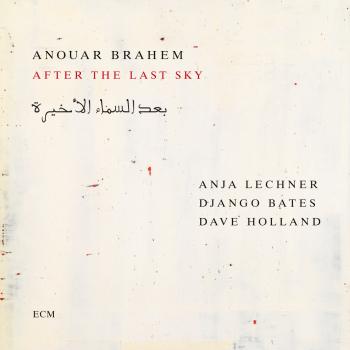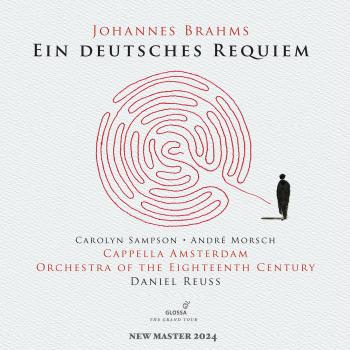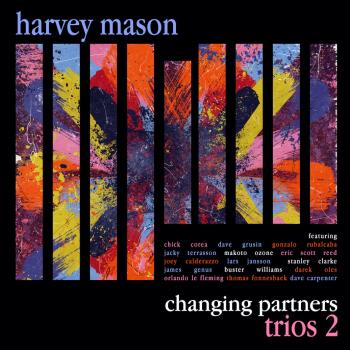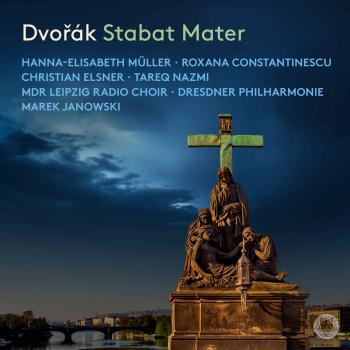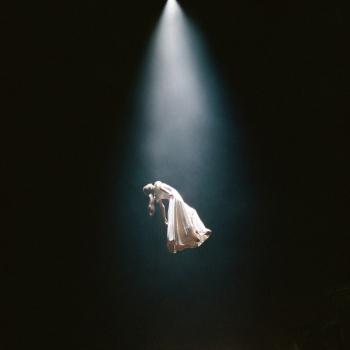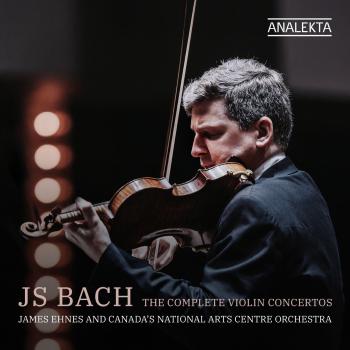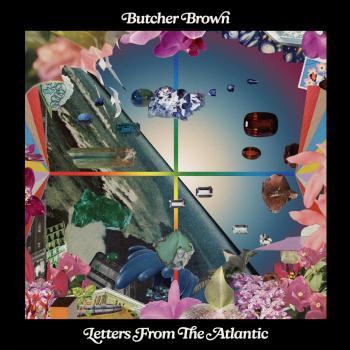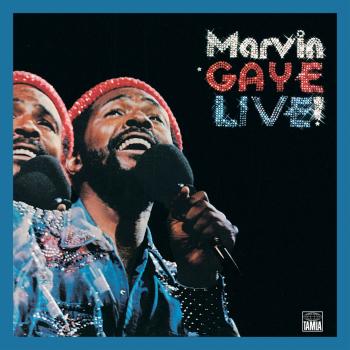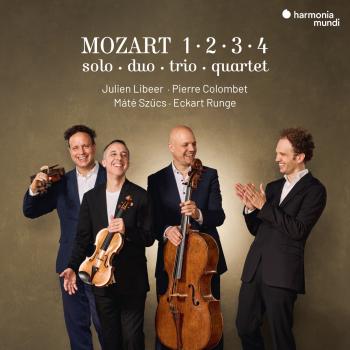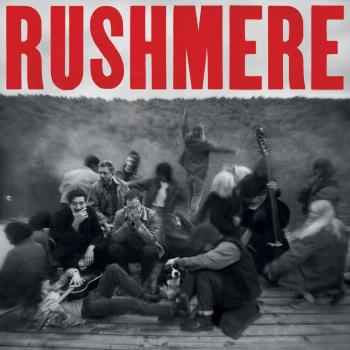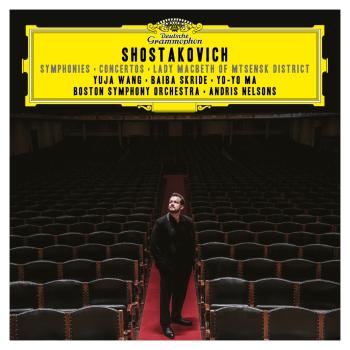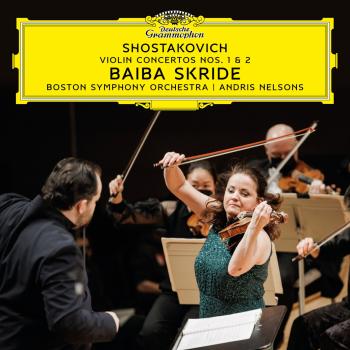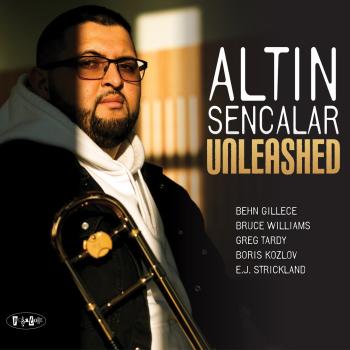Pauline Sachse & Andreas Hecker
Biography Pauline Sachse & Andreas Hecker
Pauline Sachse
In 2013, she accepted a professorship at the Carl Maria von Weber School of Music in Dresden. Around the same time, she resigned from her post as principal Violist with the Berlin Radio Symphony and left her position as guest professor at the Hanns Eisler School of Music to dedicate herself fully to her teaching role in Dresden as well as to chamber music and other artistic activities.
Much in demand as a chamber musician, she gives concerts with such artists as Isabelle Faust, Stella Doufexis, Tabea Zimmermann, Lars Vogt, Lauma Skride, Christian Tetzlaff, Anna Prohaska, Martin Helmchen, Marie-Elisabeth Hecker, Harriet Krijgh, Martin Fröst, Antje Weithaas, Benjamin Schmid and Janine Jansen. She is also regularly invited to perform at festivals such as the Salzburger Festspiele, the Heidelberger Frühling, Spannungen in Heimbach, the Moritzburg Festival, the Schwetzinger Festival, and the Mecklenburg-Vorpommern Festival.
Born in Hamburg, Pauline Sachse received her musical education at the Hanns Eisler School of Music, the UDK Berlin, as well as the Yale University (USA) with Jesse Levine, Wilfried Strehle and Tabea Zimmermann, whose Assistant she became at the Hanns Eisler School of Music from 2007 onwards. She gained further valuable experience and important impulses from a period of study with the Alban Berg Quartet.
In ensembles including the Mahler Chamber Orchestra, the Lucerne Festival Orchestra, the Bavarian Radio Symphony Orchestra and the Berlin Philharmonic Orchestra, she has worked with conductors such as Claudio Abbado, Daniel Barenboim, Mariss Jansons, Simon Rattle and Seiji Ozawa.
Pauline Sachse’s multi-faceted repertoire is reflected in her discography. As well as compositions by Schumann, Brahms, Shostakovich, and Hindemith, her recordings also include a number of premieres and first recordings, including Christian Jost’s Hamlet Echoes and the first recordings of various sonatas by Franz Benda and Giorgio Antoniotto from the early classical period.
Both her artistic and pedagogic approaches combine a wide variety of art forms, reflecting the fact that her initial contact with music was through classical dance, which she began learning at the young age of three and in which she trained intensively for many years. Nowadays, she expresses her ideas in stone and in words, as well as in her main language: music. Through sculptures, essays, dance, and music, she integrates various artforms in her pursuit of genuine artistic expression.
With homes in Berlin and Dresden, Pauline Sachse performs all over the world. Her indispensable companion on stage is Madame Butterfly, a viola crafted in 1610 by Paolo Maggini in the Italian city of Brescia.

